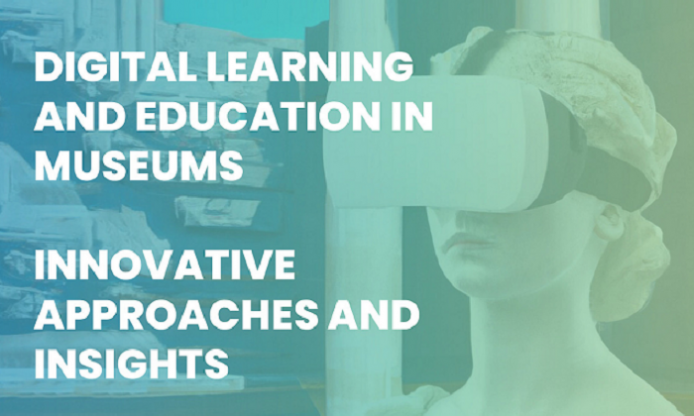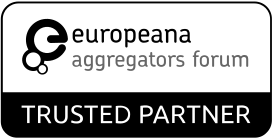The Network of European Museum Organisation, NEMO, has presented a new report, “Digital learning and education in museums – Innovative approaches and insights”. The report presents 15 European digital museum projects and offers recommendations for fostering digital engagement, learning and education in the post-pandemic cultural heritage sector.
The 15 projects were submitted by 12 European countries that were developed for remote museum audiences from early 2020 to 2022. It highlights various formats of digital engagement and offers insights and recommendations from museum professionals as well as tech experts, and can be used as an inspiration for professionals looking for new ideas and formats for digital engagement with virtual visitors and reaching new audiences.
The report, published by the NEMO Working Group LEM – The Learning Museum, investigates digital learning in a broad sense and does not solely focus on formal educational projects, or on digital initiatives that are being developed from the beginning with the goal of delivering learning outcomes (formal and non-formal learning). The report covers the following themes:
- Educational opportunities associated with the digitisation of museum collections and archives, as well as open access to museum data.
- Creative interactions with digitised collection, such as citizen co-curation.
- Social media and the expansion of museums into virtual environments and Extended Reality.
- Digital communication and chatbots.
- Digital games and playful learning.
- Sustainable practices to profit from digital innovations.
To learn more about the report, follow this link.
Furthermore, experts will discuss the report and exchange on museums, Extended Reality, the Metaverse and AI Chatbots during a webinar, which will be held on 27 April from 14:00-15:00 CEST. The main author Kristina Barekyan has invited three of the experts interviewed for the NEMO report to discuss the opportunities and challenges of working on the cutting edge of technology, digital cultural heritage and museum education. Although the participation is free, registration is mandatory.


